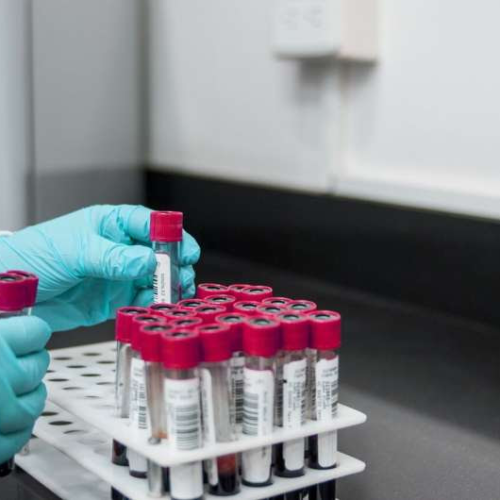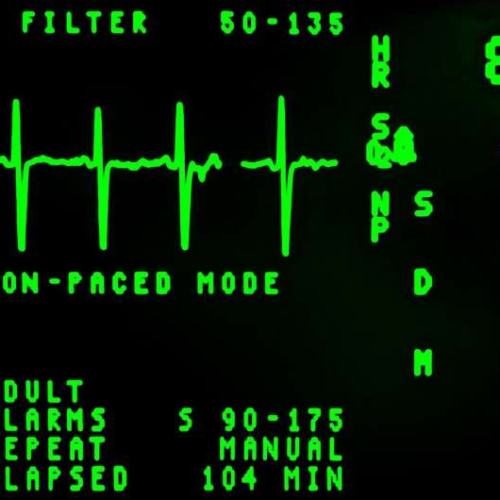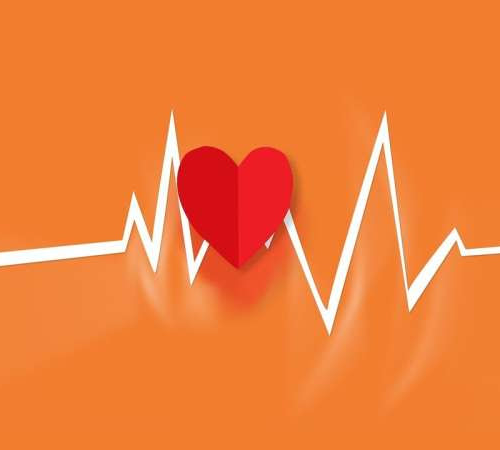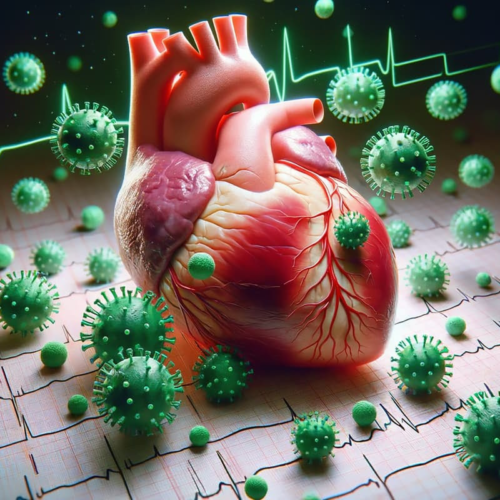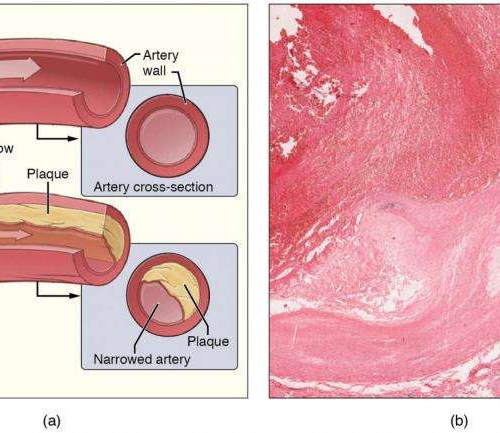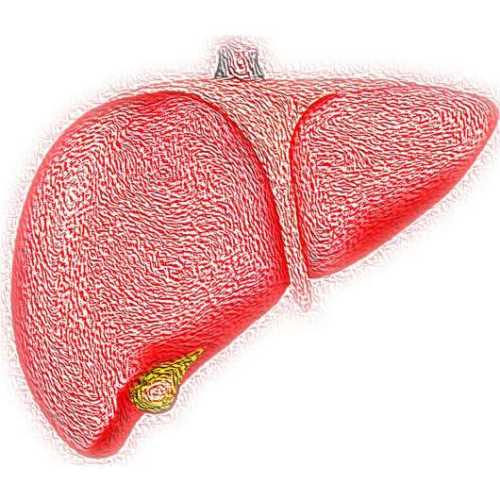MAY 17, 2024 by Brigham and Women’s Hospital Credit: Pixabay/CC0 Public Domain Stroke is the leading cause of disability worldwide and the second leading cause of death, but the right early intervention can prevent severe consequences. A new study led by investigators from Brigham and Women’s Hospital and collaborators describes how the team developed a...
Tag: <span>cardiology</span>
Hormone replacement therapy may improve pulmonary hypertension and right ventricular function – cardiology
by American Thoracic Society The use of hormone replacement therapy (HRT) may be associated with improved pulmonary hypertension in women. Credit: ATSThe use of hormone replacement therapy (HRT) may be associated with improved pulmonary hypertension in women, according to research presented at the ATS 2024 International Conference held May 17–22 in San Diego. Pulmonary hypertension...
Modular communicative leadless ICD found to be safe and exceeds performance expectations
by Amsterdam University Medical Centers MAY 18, 2024 Credit: Pixabay/CC0 Public Domain Wireless implantable cardioverter-defibrillators (ICDs) eliminate the lead-related complications that come with a wired ICD, but they are unsuitable for patients with ventricular tachycardia, when the heart beats too quickly, or bradycardia, when the resting heart rate is seen as low. Research led by...
Study reports ‘excellent’ outcomes for patients receiving optimized treatment for atrial fibrillation
by Mass General Brigham 12 lead ECG showing atrial fibrillation at approximately 150 beats per minute. Credit: James Heilman, MD/Wikipedia/CC BY-SA 3.0Atrial fibrillation (AF) is the most common form of arrythmia or irregular heartbeat worldwide, impacting millions of people in the U.S. alone. In a study published in Heart Rhythm, researchers from Brigham and Women’s...
New findings on the prevention of heart attacks and strokes
Novel approach for the treatment of vascular deposits identified MEDICAL UNIVERSITY OF VIENNA Blockage of arterial blood vessels caused by atherosclerosis is largely responsible for heart attacks and strokes, which are the most common causes of death worldwide. The complex mechanisms that lead to pathological changes in the arteries are not yet fully understood. An...
Five-minute test during routine GP appointments could prevent stroke
EUROPEAN SOCIETY OF CARDIOLOGY Sophia Antipolis, 18 March 2024: People at risk should be tested for atrial fibrillation every time they attend a health appointment, according to results of the AFFECT-EU project, which is holding its final event today in Brussels, Belgium. Patients at high risk of the disorder, such as those with heart failure...
Therapy using intense light and chronological time can benefit heart
by CU Anschutz Medical Campus Credit: Pixabay/CC0 Public DomainManaging circadian rhythms through intense light and chronologically timed therapy can help prevent or treat a variety of circulatory system conditions including heart disease, according to a new study from researchers at the University of Colorado Anschutz Medical Campus. The study is published in Circulation Research. “The...
Myocarditis game-changer: We’ve blamed the wrong culprit
By Paul McClure Findings from a new study have challenged traditional assumptions about what causes myocarditisAI-generated by DALL-E Inflammation resulting from a viral infection has traditionally been thought to cause acute myocarditis, which can lead to fatal heart arrhythmias in otherwise healthy young adults. Now, a new study has shown for the first time that...
In our cellular ‘glue,’ scientists find answers about heart attacks, strokes and more
by University of Virginia Atherosclerosis is a condition affecting the cardiovascular system. If atherosclerosis occurs in the coronary arteries (which supply the heart) the result may be angina pectoris, or in worse cases a heart attack. Credit: Wikipedia/CC BY 3.0University of Virginia School of Medicine scientists have found important answers about strokes, heart attacks, and...
Exploring how the liver immune system eats up ‘bad cholesterol’
by Karolinska Institutet Credit: CC0 Public Domain A new study from Karolinska Institutet in Sweden reveals that immune cells in the liver react to high cholesterol levels and eat up excess cholesterol that can otherwise cause damage to arteries. The findings, published in Nature Cardiovascular Research, suggest that the response to the onset of atherosclerosis...

